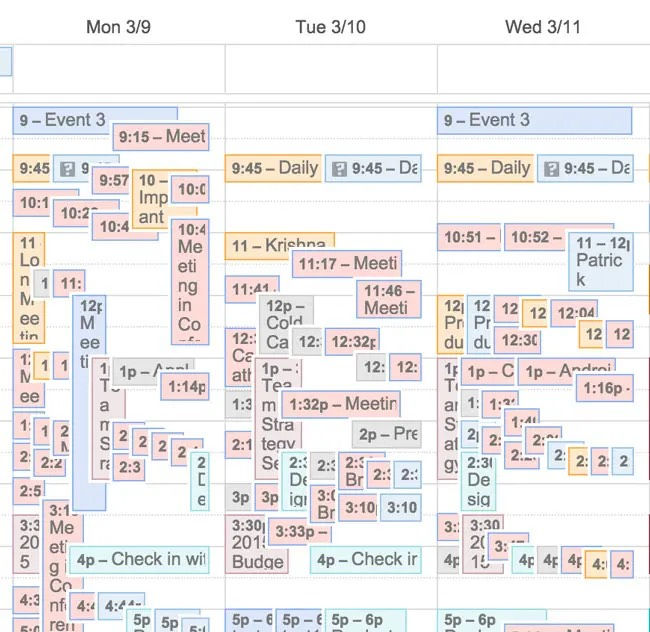Mastering Time and Stress: Practical Tips for a Balanced Life
- Rachel Staples

- Aug 1, 2024
- 2 min read
Balancing work, family, and personal interests can often feel overwhelming. Managing time and stress effectively is key to living a more balanced and fulfilling life. Here are some straightforward strategies to help you take control of your time and stress levels.

Prioritize and Plan
Start by making a list of everything you need to do, both short-term and long-term. Sort these tasks into categories: urgent, important, and less important. Focus on the urgent and important tasks first to avoid feeling overwhelmed.
Planning is essential. Allocate specific times for each task and try to stick to your schedule. Use planners, calendars, or digital apps to keep track of everything. This way, you ensure that you’re focusing on what truly matters.
Set Realistic Goals
Realistic goals are your best friend when it comes to managing time and stress. Break big projects into smaller, manageable tasks and set achievable deadlines. This makes large tasks less intimidating and allows you to track your progress.
Avoid biting off more than you can chew. It’s easy to say yes to everything, but this can quickly lead to burnout. Be honest about what you can handle and don’t be afraid to say no. Prioritizing your well-being will lead to better outcomes and less stress.
Learn to Delegate
Delegating tasks is a smart way to manage your time and reduce stress. Identify what can be handled by others and delegate those tasks to capable team members or family members. This frees up your time and fosters a collaborative environment.
When delegating, give clear instructions and set standards. Trust those you delegate to and avoid micromanaging. Sharing the workload allows you to focus on tasks that require your attention, leading to better time management and reduced stress.
Take Breaks and Practice Self-Care
Don’t underestimate the power of regular breaks. Working non-stop can lead to burnout. Schedule short breaks throughout your day to rest and recharge. Use this time to stretch, take a walk, or do some deep breathing exercises.
Self-care is crucial. Make time for activities you enjoy and that help you relax. Whether it’s reading, exercising, meditating, or spending time with loved ones, prioritizing self-care can significantly reduce stress and improve your overall well-being.
Manage Distractions
Distractions are one of the biggest time-wasters and sources of stress. Identify common distractions in your environment and take steps to minimize them. This might involve creating a dedicated workspace, setting boundaries with family members or colleagues, or using apps to block distracting websites.
Practice focusing on one task at a time rather than multitasking. Research shows that multitasking can reduce productivity and increase stress levels. By concentrating on a single task, you can complete it more efficiently and move on to the next one with a clear mind.
By implementing these practical strategies, you can take control of your schedule, reduce stress, and achieve a more balanced and fulfilling life. Remember, it's not about doing more in less time but about making the most of the time you have.


